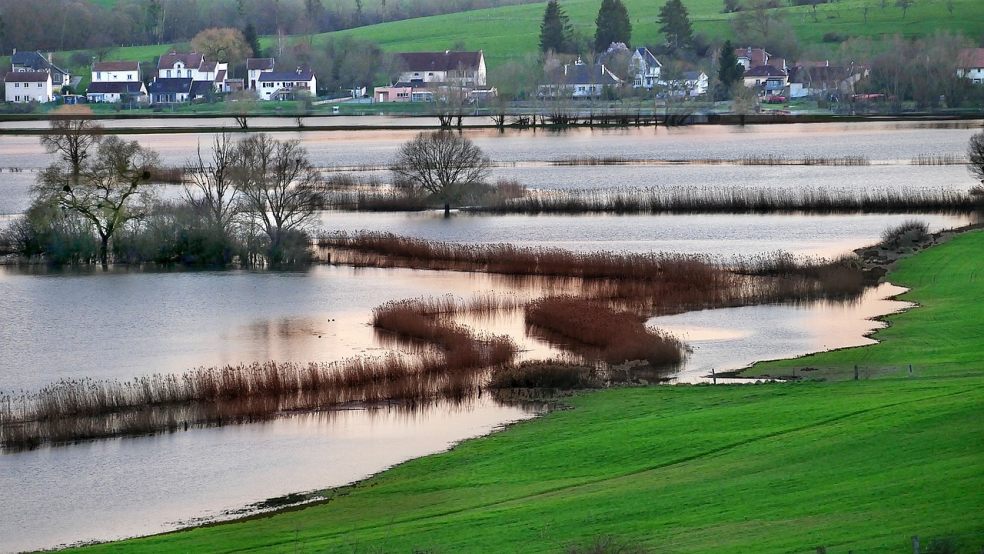
Emergency Preparedness 101: A Comprehensive Guide
Emergencies, whether natural or man-made, can strike unexpectedly, disrupting our daily lives and posing serious threats to our safety. Being prepared can significantly mitigate the impact of such events, ensuring the safety and well-being of you and your family. Here’s a comprehensive guide to emergency preparedness that covers all the essentials you need to consider.
Understanding the Risks
Identify Potential Hazards: Begin by identifying the types of emergencies that are most likely to occur in your area. These might include natural disasters like floods, storms, or earthquakes, as well as man-made incidents such as power outages, fires, or health crises. Understanding these risks will help you tailor your emergency preparedness plan to your specific needs.
Developing an Emergency Plan
Communication Strategy: Effective communication is crucial during an emergency. Establish a communication plan that includes how to get in touch with family members if you are not together when an emergency occurs. Designate an out-of-town contact who can relay messages if local lines are down. Make sure everyone, including children, knows how to text or use social media for communication, as these might be more reliable than phone calls during a crisis.
Meeting Points Choose two meeting points: one near your home in case of a sudden emergency, such as a fire, and another outside your neighbourhood in case you cannot return home. Ensure all family members know the locations and the best routes to reach them.
Assembling an Emergency Kit
Basic Supplies: A kit for emergency situations should contain essential items to sustain your family for at least 72 hours. Include:
- Water: At least one gallon per person per day for drinking and sanitation.
- Food: Non-perishable items such as canned goods, dry cereal, and high-energy snacks. Don’t forget a manual can opener.
- First Aid Kit: Bandages, antiseptic wipes, pain relievers, prescription medications, and a first aid manual.
- Tools and Supplies: Multi-tool, duct tape, whistle, torch with extra batteries, and a battery-powered or hand-crank radio to stay informed about emergency updates.
Personal Items: Pack items like toiletries, hand sanitiser, moist towelettes, extra clothing, sturdy shoes, and blankets. Important documents, including identification, insurance policies, and emergency contacts, should be kept in a waterproof container.
Special Needs: Consider the unique needs of each family member. This may include baby supplies, pet food, or mobility aids. Make sure to pack any necessary prescription medications and copies of medical documents.
Staying Informed
Weather Alerts and News: Sign up for emergency alerts from your local council and follow trusted news sources for updates. Having a battery-powered or hand-crank radio can ensure you receive information even if the power goes out.
Practicing Your Plan
Conduct Drills: Regularly practising your emergency plan ensures that everyone knows what to do when disaster strikes. Conduct fire drills, earthquake drills, and evacuation exercises. This not only helps to reinforce the steps everyone needs to take but also highlights any weaknesses in your plan that need to be addressed.
Review and Update: Periodically review and update your emergency plan and kit. As your family’s needs change, so should your preparedness efforts. Check the expiration dates on food and batteries and replace items as necessary.
Building a Support Network
Community Involvement: Getting involved in local emergency preparedness programs can provide valuable training and resources. Many communities offer courses in first aid, CPR, and disaster response. Knowing your neighbours and building a support network can be incredibly beneficial during an emergency.
Maintaining a Positive Attitude
Stay Calm and Reassuring: Remaining calm during an emergency is essential. Panic can lead to poor decision-making and increased stress. Encourage your family to stay calm and follow the plan. Practice relaxation techniques and stress management to help keep everyone focused and composed.
Support Each Other: Ensure open lines of communication within your family. Discuss any fears or concerns and work together to find solutions. A united family can face any emergency more effectively.
In conclusion, emergency preparedness is about more than just having the right supplies; it's about having a well-thought-out plan, staying informed, practising regularly, and building a strong support network. By taking these steps, you can significantly increase your family's resilience in the face of emergencies, ensuring safety and peace of mind.












